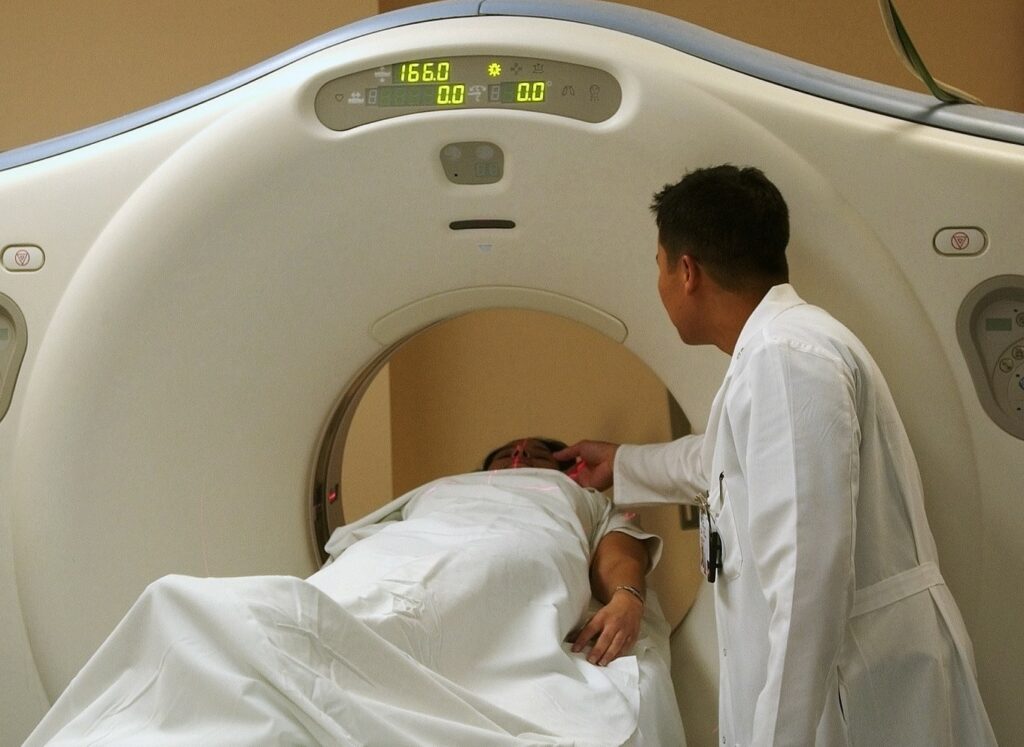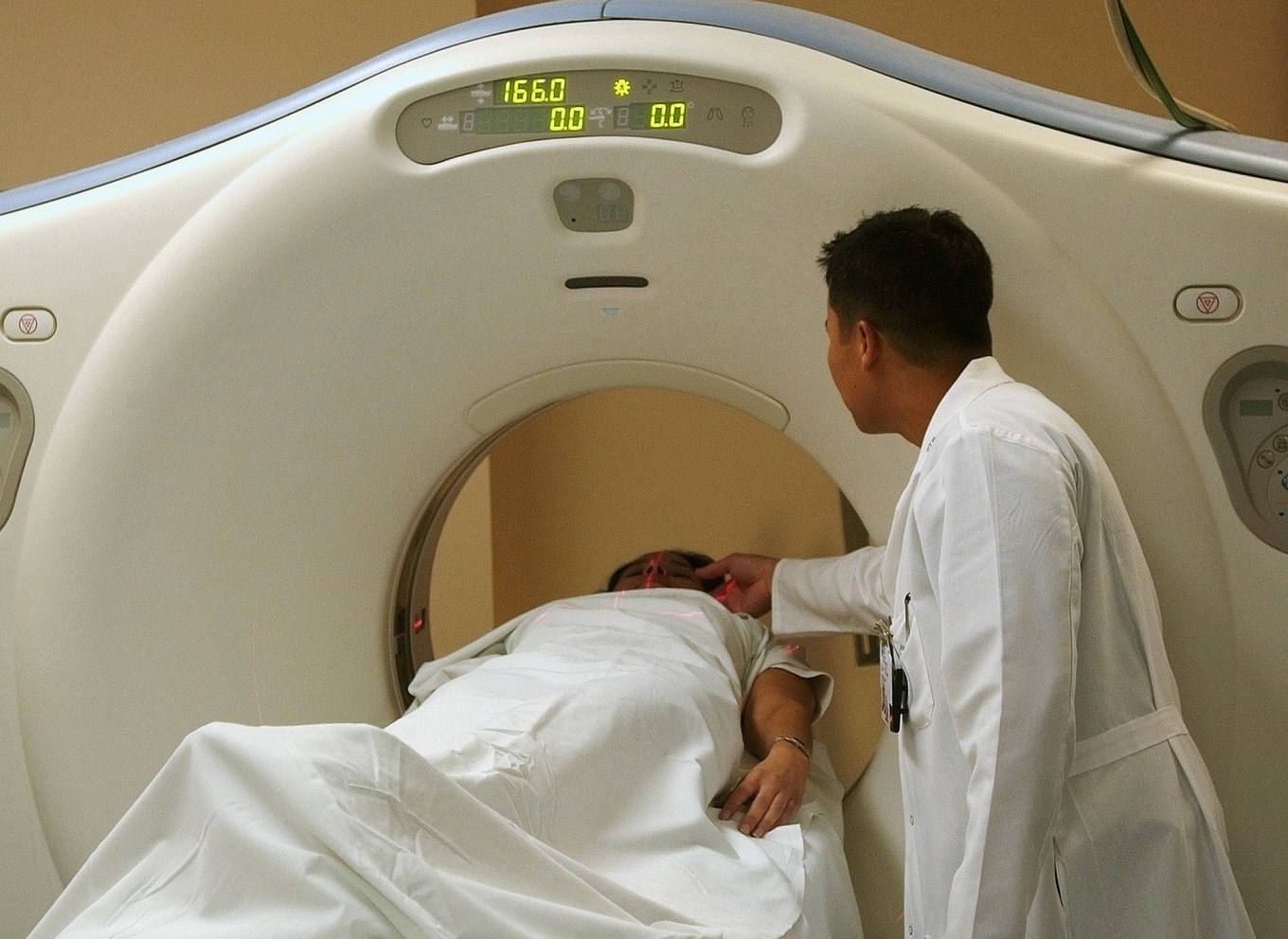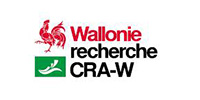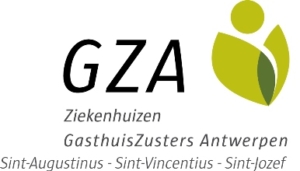Challenge
Those who build top quality and complex medical equipment often face major logistical challenges. Customers are only happy when all of the components have been delivered quickly and smoothly. One of our customers from this sector began looking for a solution to supply their products quicker and to streamline the processes for installation teams and the internal stock chain. The company needed to be able to guarantee a smoother and more comprehensive shipment system and simultaneously make life easier for their installation partners.

Solution
The customer chose a hybrid solution on the basis of RFID and IoT technology. With a combination of RFID gates, personalised labels and hand-held RFID readers, the shipment can be checked in the blink of an eye to ensure that all components are present and to tick off the read-in components on the shipping list. This check can then be carried out again at interim stations, if necessary. On arrival, the customer or installer can make a quick check to ensure the delivery is complete. The supplied RFID labels can also provide useful information on where the specific components must be used during assembly and in which order they must be installed.
The shipments are delivered via a multi-modal system, using external and varied transport methods. In order to trace and monitor the condition of the shipment, the customer uses the active IoT technology which permits location, temperature, humidity, shocks and light detection measurements to be taken, which are linked to ETA (Estimated Time of Arrival) and reports on transport quality.
Project partners
The solution was created using technology from various suppliers. The hand-held RFID readers, equipped with IDasset® software from PHI DATA, are from Unitech; Brady provided the RFID printers and labels; Zebra supplied the RFID readers and Innolabel the Active Condition Monitoring IoT Tracker for monitoring during transport. The consulting, architecture and implementation of the entire project and the integration with the customer’s management system was taken on by PHI DATA.
Result
The customer programmes and prints RFID labels; these are then applied to the packaging of each component of the medical device, as they are gathered together by the machine assembler in the warehouse. A line of sight is therefore no longer required to identify each component and identification can take place remotely. “A simple scan of the products while the items are driven through an RFID gate is enough to gain a complete overview of the loaded components,” explains Dave Engel, Business Development Manager at PHI DATA.
RFID scanner gates check each component package on the basis of the freight list in the customer’s ERP system. Incorrect components are easily filtered out and the system also indicates which components are missing and then confirms that the shipment is complete.
When the end user receives the cargo or when it is being transshipped in a hub in the logistics chain, a quick check can take place on whether the cargo is complete simply by walking around or between the pallets, with a hand-held RFID scanner. Upon arrival, the installers can also offload the component packs more efficiently because the RFID labels and personalised software indicate where the content must be placed.
The IDasset® software allows the RFID label on each package to also provide installers with information about the correct content. A search function with a proximity warning allows even the smallest components to be found. The installation process for new medical devices in hospitals will thus become quicker and more efficient.
Advantages
This customer’s clients, i.e. hospitals, will see the average implementation time for medical devices drastically reduced. The quick and effective controls during shipment, transport and delivery are made possible by adapted RFID hardware and software. So, weeks spent waiting for a missing component will become a thing of the past. Installation will also run much more smoothly thanks to the elimination of the search for components and the certainty that the delivery is complete.
The builder of the medical devices will also lose less time when checking shipments and can be much more reassured with respect to the completeness of the shipment. He thus not only increases satisfaction among installers, he also avoids the sometimes high costs associated with subsequent shipments of missing components to all corners of the globe.
Challenges
- Reliable and traceable deliveries of medical equipment
- Quick and efficient checks of loaded components
- Quicker identification of components
- Improved satisfaction of installers and shipping companies due to complete deliveries
Smart Edge solution
User-friendly combination of software (IDasset®) and hardware (handhelds, RFID gates, printers and labels and IoT trackers) which perfectly integrate with the customer’s existing management system.
Technology
- IDasset® software from PHI DATA
- Unitech RFID hand-held devices Zebra RFID readers for gates
- Brady RFID printers and smart labels
- IoT trackers and condition monitoring from Innolabel.
Advantages
- Drastic reduction in error rate during shipment
- Improved traceability of components
- Quicker and more accurate checks of loaded goods and matching with order form and management system
- Full tracing and monitoring during transport
- Quicker checks on completeness during receipt
- Smoother installation
- No expensive transport or time losses for subsequent shipment of components










